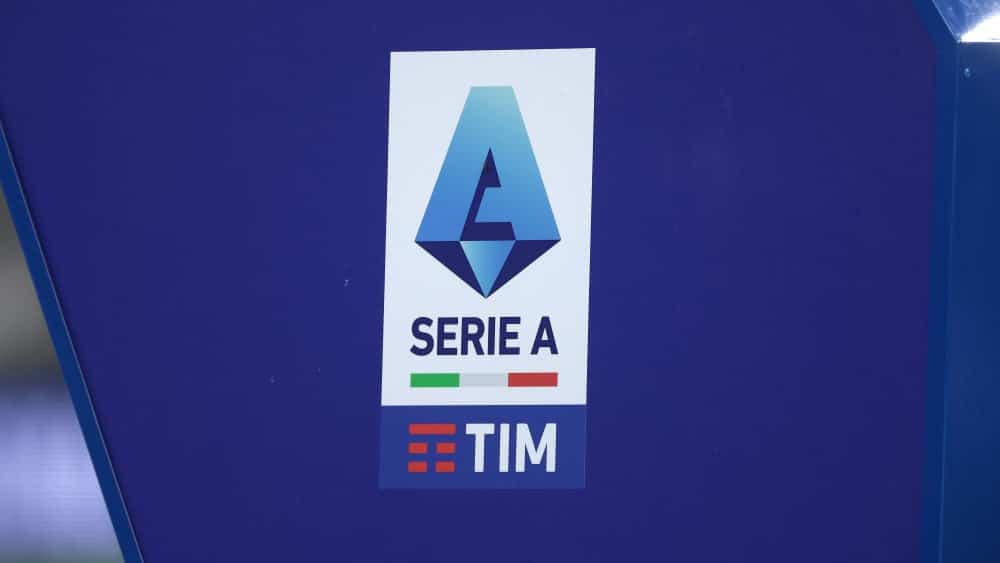Expiring tax breaks are causing turmoil in Italian soccer. Some club bosses are predicting an exodus of top players
If the critics are to be believed, calcio will soon be closing its doors. Over and out. Inter manager Beppe Marotta, currently the most efficient sporting director in Serie A, spoke of an “own goal and irreparable damage”. Lazio owner Claudio Lotito called it “pure demagoguery. Now we will lose all ability to compete – not just in soccer, in sport as a whole”. A charming statement, given that Lotito himself is a politician in one of the governing parties
The return of the clever minds
But back to the cause of the apocalypse for a moment. After several weeks of primarily populist discussions, the Council of Ministers voted not to extend the so-called “Decreto Crescita”, a resolution on growth, as of January 1, 2024. The decree was not originally aimed at the soccer business; rather, the Conte government had introduced it in April 2019 to attract emigrated or foreign top talent. The motto at the time was “Rientro dei cervelli”, the return of bright minds. Anyone who had lived abroad for at least two years and opted to live in Italy for at least two years received a tax reduction from 45 to 25 percent.
While the results in education and business were modest, calcio quickly discovered the potential. The lower tax burden enabled clubs to offer higher net wages in transfer negotiations. The most recent example of this is Marcus Thuram, who has made an excellent impression. The ex-Gladbach player’s gross salary costs the cash-strapped Inter Milan 7.9 million euros instead of just under eleven million euros
Debate between the extremes
The clubs had recently called for the transition to be postponed at least until the end of the January transfer market in order to conclude new contracts under the old status quo. The government rejected the request and Napoli patron Aurelio de Laurentiis was relieved to have extended Victor Osimhen’s contract until 2026 in December, as the measure does not affect current contracts.
As usual, the camps in Italy are divided into populist extremes over the future. The clubs complain that the upswing in calcio is passé, as no one can afford top names such as Mourinho, Lautaro Martinez or Kvaratskhelia against the competition.
“Imported feet” and stepmotherly work with young talent
However, there were also plenty of supporters who blamed the tax breaks in particular for mismanagement at the clubs and the high proportion of foreigners in Serie A. “Everyone is finally being treated equally, which is a huge opportunity for Italian youth players and the future of our national team,” said Umberto Calcagno, president of the players’ union AIC. In fact, the proportion of foreigners in calcio has increased from 55% to 61% since 2019.
Many of the arguments put forward by club officials appear questionable to say the least. “This measure will significantly damage the budget for youth work,” predicted Marotta, although it sounds bizarre to further cut the already poorly financed young talent that could soon grow into talented players. The financially troubled Old Lady, Juventus, showed the way by successfully integrating home-grown talent.
It was also said that Italian talent would learn and benefit from foreign stars. However, the number of these top players remains small. 126 non-Italians have played less than 20 minutes per match – that hardly sounds like quality lessons. “Instead of importing clever minds as planned, we’ve imported feet,” said sports minister Andrea Abodi laconically.
21 million euros between renaissance and doom and gloom
The effects will be examined more closely in the future, but they are unlikely to become an existential threat, as many a manager exclaimed in a doomsday mood. Last summer, the same people were still hailing a renaissance of calcio, so it seems legitimate to ask whether any upswing will actually be completely wiped out by a sum of manageable millions.
The entire Serie A saved 21 million euros in tax payments on transfers last summer – including around six million each for the two Milan clubs and 1.2 million for champions Napoli. Impending losses of this magnitude will hardly lead to the proclaimed inability to compete. And certainly not to Calcio’s doomsday





